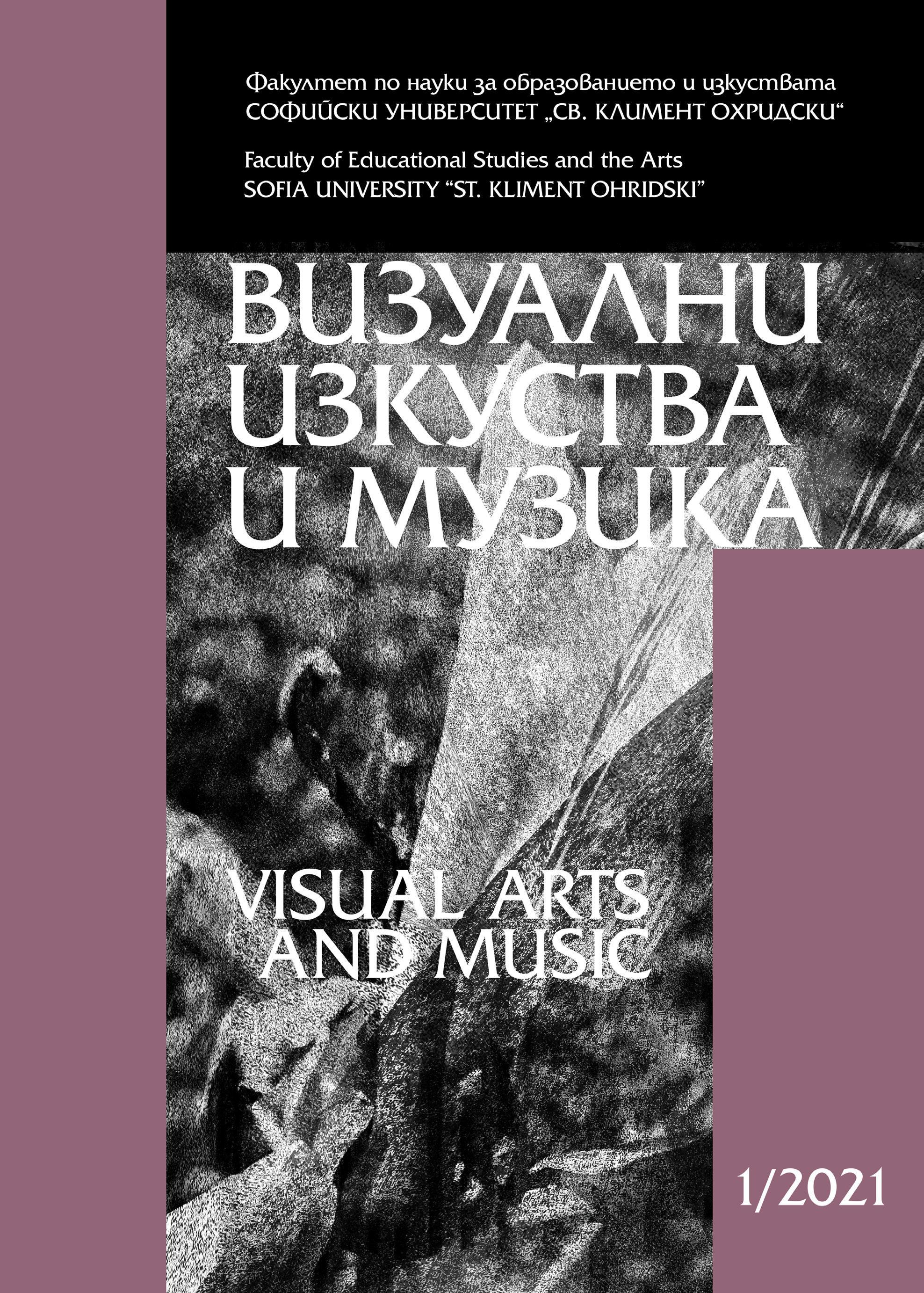CULTURAL RELATIONS OF THE BULGARIAN CONTEMPORARY ART AT THE BEGINNING OF THE XXI CENTURY WITH THE EUROPEAN MODERN AND CONTEMPORARY ART
Keywords:
contemporary art, modern art, artistic approach, terminology, art historyAbstract
TThe present article focuses on the sociocultural relations of Bulgarian contemporary art in the context of European modern and contemporary art. Objects of analysis are both the social setting and the public attitudes, which have affected the new forms of art in late 20 / early 21 century in relation to European traditions. The resulting artistic dispositions and processes in the country are largely borrowed from western culture, and the adaptation and definition of notions like “modernism”, “avant-garde”, „unconventional forms of art“, „contemporary art“, „happening“, etc., pose certain challenges to the Bulgarian art critics, especially with a view to their use and application in art theory and critique.
The historical perspective is fundamental for the shaping of artistic processes; it offers a parallel examination of the social and political situation, in which these have developed, further reinforced by the author’s chosen approach to present the place of the artist in community life in traditional terms. It is essential to fully recognize the interrelations between Bulgarian and European cultural processes, in order the reasons behind them and the ensuing local achievements formulated from the viewpoint of alternative and contemporary art in the country to be explained.
The author suggests a correlation of the established terminology, designating the internationally accepted notions for contemporary artistic trends, and their interpretation in sociocultural aspect. The text is an attempt to conceptualize a pan-European perspective for the development of innovative practices in Bulgarian contemporary art.

